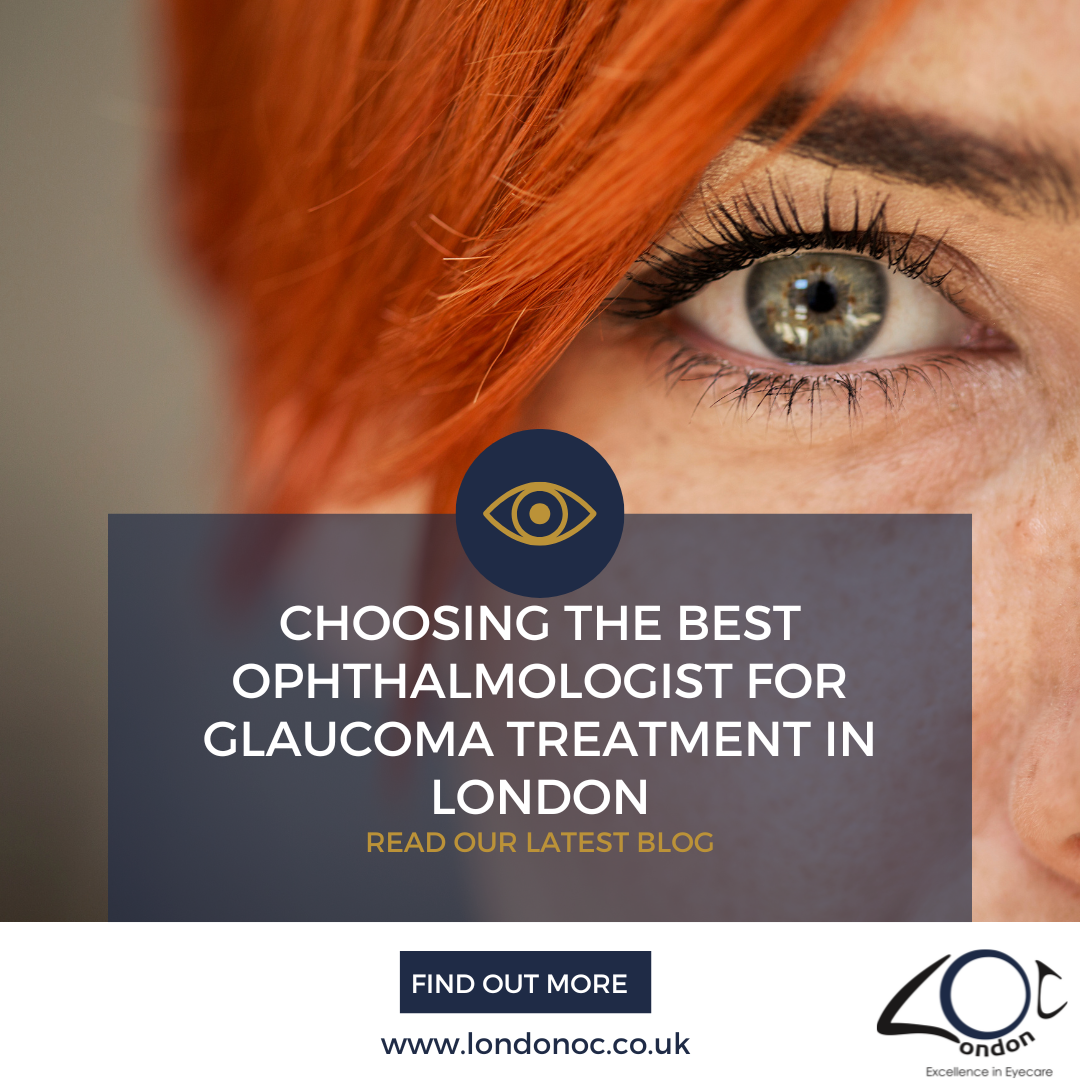Glaucoma, known as the "silent thief of sight," is a group of eye diseases that gradually damage the optic nerve and can lead to vision loss if untreated. Early detection and proper management are essential to slowing its progression and preserving your eyesight. Choosing the right ophthalmologist for your glaucoma treatment in London is a critical decision that can significantly impact your care and outcomes. Here’s how to ensure you find the best specialist for your needs.
Prioritise glaucoma expertise
When seeking an ophthalmologist, it’s essential to choose someone who specialises in glaucoma. This condition requires a deep understanding of complex diagnostic procedures, a variety of treatment options, and ongoing management.
A specialist in glaucoma will be experienced in treating different types of the disease, including:
- Open-angle glaucoma.
- Angle-closure glaucoma.
- Secondary glaucoma.
These professionals are more likely to provide personalised care and use the latest advancements in the field.
Review credentials and experience
The right ophthalmologist should have a strong educational background and extensive experience in glaucoma care. Look for:
- Certifications: Ensure they are board-certified and have completed specialist training in glaucoma.
- Professional affiliations: Membership in organisations like The Royal College of Ophthalmologists or the European Glaucoma Society is a sign of their commitment to excellence.
- Years of practice: Consider their track record, including how many glaucoma patients they’ve treated and their success with various treatments, especially surgical procedures like MIGS (minimally invasive glaucoma surgery) or trabeculectomy.
An experienced ophthalmologist is better equipped to handle complex cases and tailor treatment to individual needs.
Evaluate their approach to treatment
Glaucoma management should be tailored to your specific condition. The best ophthalmologists will:
- Use advanced diagnostic tools such as optical coherence tomography (OCT) and visual field testing.
- Offer a variety of treatment options, including medications, laser therapies like Selective Laser Trabeculoplasty (SLT), and surgical interventions.
- Provide a clear explanation of your condition and discuss treatment plans in detail to ensure you feel informed and confident.
Check patient reviews and recommendations
Online reviews and testimonials can give you valuable insights into an ophthalmologist’s care quality, communication style, and patient satisfaction. Look for consistent positive feedback about:
- Their ability to explain medical issues and treatments clearly.
- Professionalism and empathy during appointments.
- The effectiveness of their treatment plans.
Additionally, seek recommendations from your GP, friends, or family who may have experience with glaucoma specialists in London.
Consider location and accessibility
London offers access to some of the best ophthalmology clinics and hospitals, but location and convenience remain important. Evaluate:
- Clinic location: Choose a clinic that’s easily accessible for regular follow-ups.
- Hospital affiliation: Look for ophthalmologists associated with renowned institutions like Fitzrovia Hospital.
- Appointment availability: Ensure the clinic can accommodate your schedule and provide timely appointments.
Assess the patient-doctor connection
Your relationship with your ophthalmologist should be based on trust and understanding. During your initial consultation, consider whether they:
- Take time to address your concerns and answer questions thoroughly.
- Make you feel comfortable discussing your condition.
- Seem genuinely invested in your care and long-term vision health.
Good communication and a person-centred approach are key to successful treatment.
Understand Costs and Insurance Options
Glaucoma treatments can be costly, especially in private clinics. Before committing to a specialist, ensure you have a clear understanding of:
- Consultation fees and the costs of diagnostic tests and treatments.
- Whether your insurance plan covers the specialist or clinic.
- Payment plans or options, if needed.
Knowing these details upfront can help you make an informed decision without unexpected financial surprises.
Conclusion
Finding the best ophthalmologist for glaucoma treatment in London requires careful research and consideration. By prioritising specialists with proven expertise, strong credentials, and a person-centred approach, you can ensure your vision is in safe hands.
Don’t rush the decision, consult multiple professionals if necessary and choose someone who instils confidence and trust. With the right ophthalmologist, you can take proactive steps to manage glaucoma effectively and protect your eyesight for the future.
Book in for your consultation here with Mr Vik Sharma, Consultant Ophthalmologist at LondonOC.
